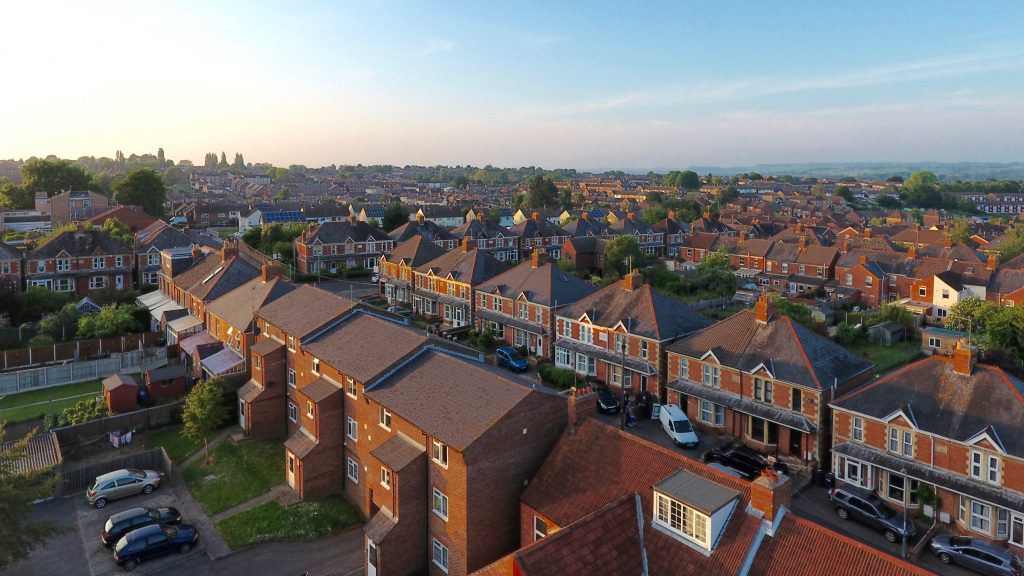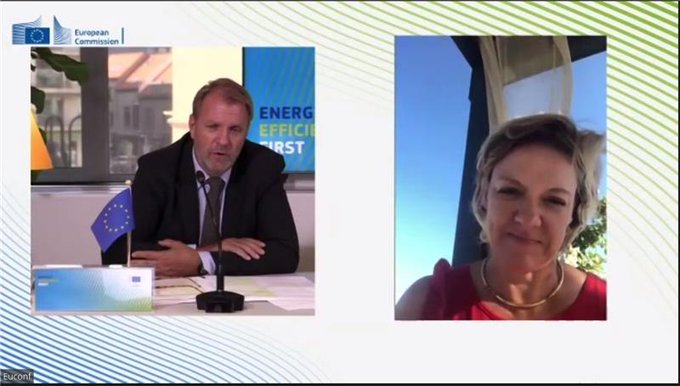Adding energy efficiency into the energy mix is essential to delivering Europe’s climate goals

Simply rolling out renewables will not be enough to end Europe’s dependency on gas. Energy efficiency is just as important, writes Katarzyna Wardal on Foresight Climate & Energy ahead of the first edition of the European Energy Efficiency Day.
Energy efficiency should be considered as important as other power generation fuel types Despite it not often making the headlines, energy stakeholders and lawmakers know that energy efficiency can drastically reduce the carbon footprint of Europe’s building stock, which currently accounts for about 40% of the EU’s energy consumption and 36% of greenhouse gas emissions.
But what about energy efficiency as a form of fuel? That may sound like an absurd suggestion. Yet this is exactly the type of idea we need if Europe is to have even a remote chance of achieving any of its ambitious energy and climate goals, whether it is gaining energy independence, reducing its greenhouse gas (GHG) emissions by 55% by 2030 or becoming carbon neutral by 2050.
At least 75% of the EU building stock is energy inefficient. Among other factors, these buildings lack the proper insulation needed to keep heat in (or, in the summer, out). Therefore, they need higher flow temperatures to deliver the same level of indoor comfort. Needless to say, getting that higher temperature requires more energy.
This highlights the correlation between energy efficiency and energy use. With heating and cooling responsible for an estimated 35% of a building’s total energy consumption, increasing a building’s energy efficiency can go a long way in reducing fuel use. In other words, the more efficient the building, the more energy saved. As these savings means less energy needs to be produced, energy efficiency should not only be included in the energy mix but given equal footing to other fuel types.
Read the full article here.
More information on Energy Efficiency Day here & Register here.




